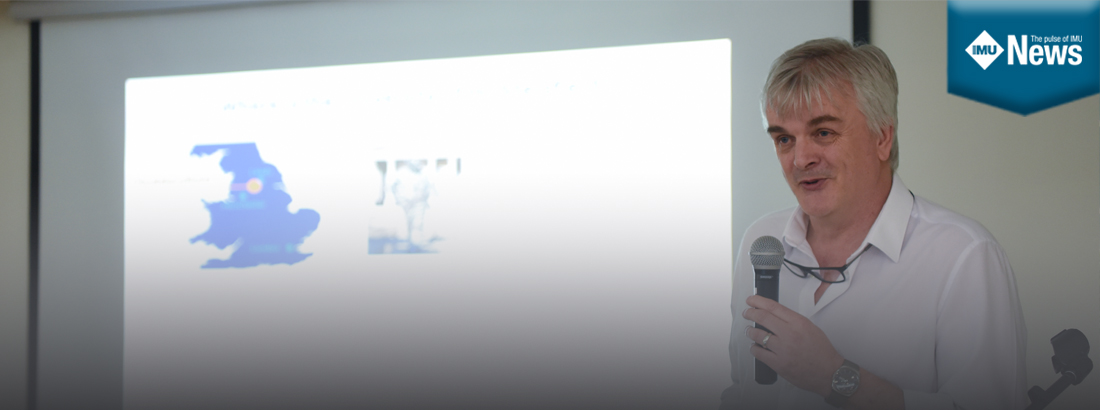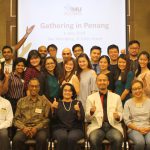Normal healthy cells are surrounded by a network of blood vessels supplying sufficient amount of oxygen, which is essential for survival. However, in cancer cells, the vessels that develop around them are usually poorly organised and dysfunctional. As a result, cancer cells are deprived of oxygen and nutrients. The condition of lacking in oxygen is called “hypoxia” and this is a characteristic feature of cancer cells. Hypoxia can aggravate cancer rendering the formation of aggressive malignancy. This is due to hypoxia directly promotes angiogenesis (formation of new blood vessels), invasion, and metastasis (spread of cancer cells). In addition, hypoxia also causes resistance to chemotherapy and radiotherapy as some drugs need oxygen to function well.
On 10 April 2018, Prof Roger M Phillips from University of Huddersfield, United Kingdom deliberated this in a talk titled Targeting the Hypoxic Fraction of Tumours at IMU Bukit Jalil campus. The talk which was the second Translational Research Seminar, was organised by the Centre for Cancer and Stem Cell Research of Institute for Research, Development and Innovation (IRDI) and the School of Pharmacy.
Prof Philips specialised in Cancer Pharmacology and is currently the Associate Dean of Research in the School of Applied Sciences at the University of Huddersfield, United Kingdom. In order to overcome this major barrier to successful cancer therapy, Prof Philips has been conducting research focusing on the preclinical and early clinical evaluation of novel anti-cancer drugs with a specific interest in the hypoxic tumour microenvironment as a target for drug development. 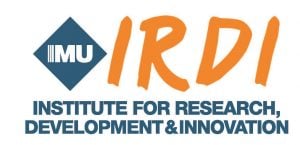 His research has had clinical impact through the development of a novel drug called EO9 as a therapeutic drug for superficial bladder cancer. He has published extensively in internationally recognised journals. The talk on 10 April 2018 was well attended by the researchers, lecturers, and students not only from IMU but also from other universities and institutions as well. The talk was followed by a discussion session to explore on the opportunities of a research collaboration between IMU and University of Huddersfield.
His research has had clinical impact through the development of a novel drug called EO9 as a therapeutic drug for superficial bladder cancer. He has published extensively in internationally recognised journals. The talk on 10 April 2018 was well attended by the researchers, lecturers, and students not only from IMU but also from other universities and institutions as well. The talk was followed by a discussion session to explore on the opportunities of a research collaboration between IMU and University of Huddersfield. 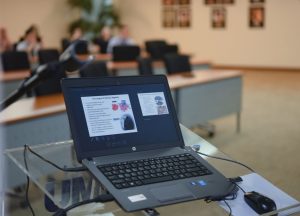
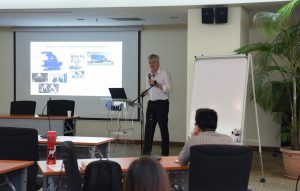 The Translational Research Seminar Series is made possible by sponsorship from leading biotechnology companies, international research institutions and institutions of higher education. The Seminar serves as a platform for knowledge base sharing, technical and technological advancement and collaboration to fostering talent, excellence and creativity at the research frontiers. Related article: Why WAIT – Joslin’s Diabetes Breakthrough with Lifestyle Intervention for Diabetes
The Translational Research Seminar Series is made possible by sponsorship from leading biotechnology companies, international research institutions and institutions of higher education. The Seminar serves as a platform for knowledge base sharing, technical and technological advancement and collaboration to fostering talent, excellence and creativity at the research frontiers. Related article: Why WAIT – Joslin’s Diabetes Breakthrough with Lifestyle Intervention for Diabetes




